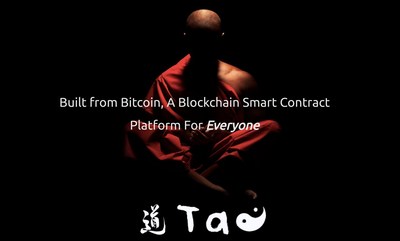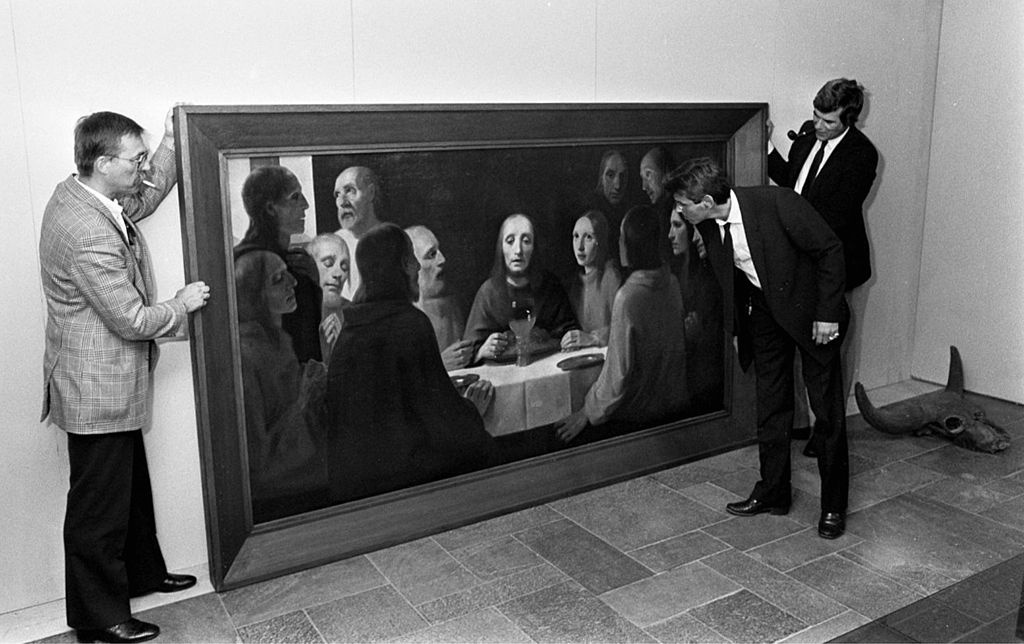 Disney, LucasFilm, 20th Century Fox and Warner Bros. sued VidAngel in June, claiming the company is blatantly violating their rights by masquerading an unauthorized streaming service as a mission to clean up Hollywood content.
Disney, LucasFilm, 20th Century Fox and Warner Bros. sued VidAngel in June, claiming the company is blatantly violating their rights by masquerading an unauthorized streaming service as a mission to clean up Hollywood content.
VidAngel fired back in July, accusing Hollywood studios of engaging in a “conspiracy to restrain the market for online filtering services,” and arguing that its service is protected by the Family Movie Act of 2005, the first-sale doctrine and fair use. Now the studios are arguing that VidAngel’s defenses are meritless and the court should issue a preliminary injunction.
Source: Hollywood Studios: VidAngel Threatens the Legitimate Streaming Market | Hollywood Reporter





